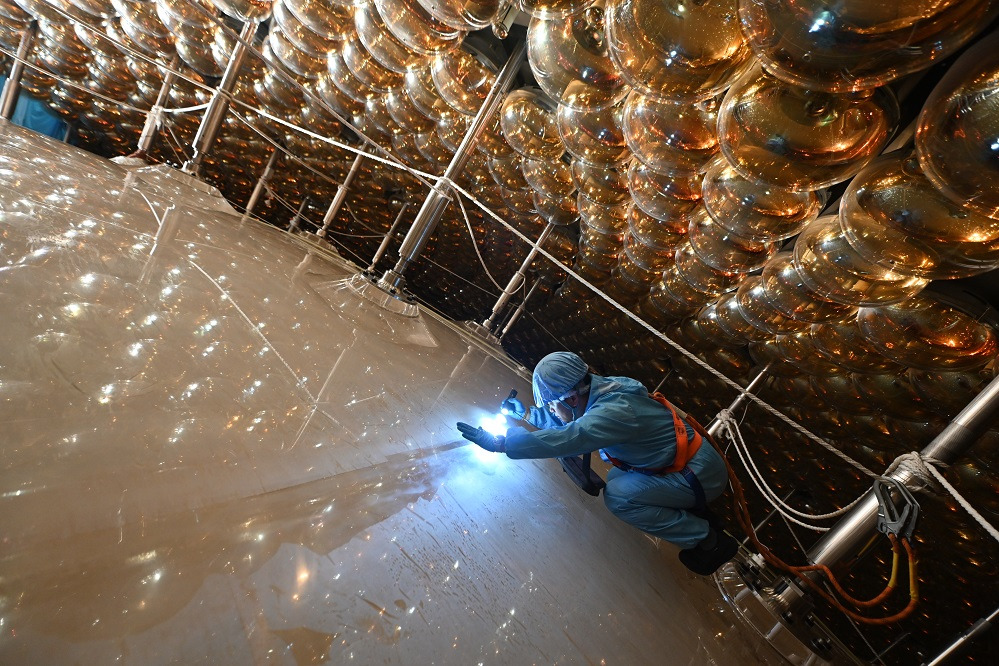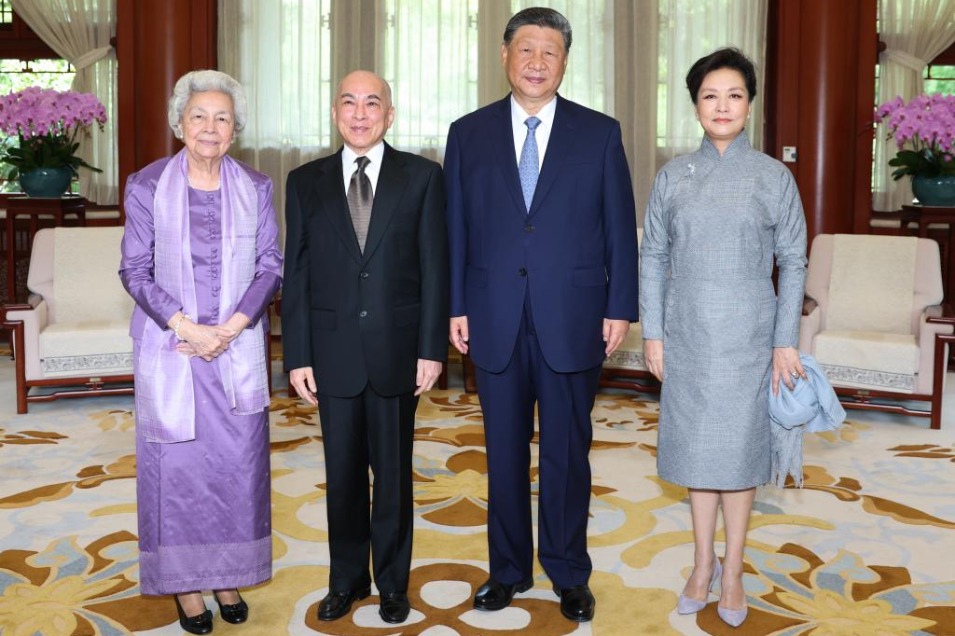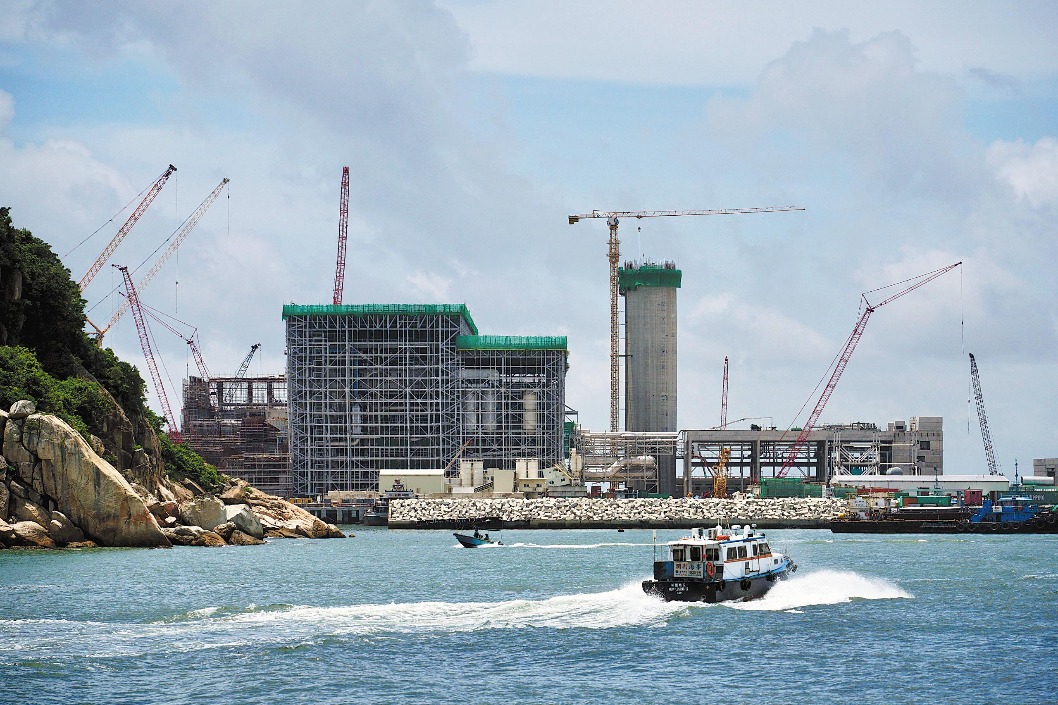Maternity benefits matter more than ever in Hong Kong

As a working mother in Hong Kong, the most common reaction to any reference to parenthood I've encountered is, "But, how do you manage?"
Indeed, how do most working women, whose path to motherhood was likely paved with a dilemma over exercising a reproductive choice while not jeopardizing professional aspirations?
And, the dilemma is particularly poignant in Hong Kong where the labor force participation rate for never married women was 71 percent in 2015 while that for currently married women stood at 48.7 percent, as per the 2016 government census report.
The dichotomy is particularly emphatic considering the labor force participation rate for women trended upwards from 48.9 percent in 1986 to 54.8 percent in 2015. And, especially saddening considering women had the highest labor force participation rate for the age group of 25-29 in 2015. Given that the median age at marriage for women was 29.3 years in 2015 and median age at first childbirth for the same year was 31.4 years, it would not be out of place to infer that marital and maternal responsibilities compel many women to exit the workforce, perhaps never to return.
This blow to the workforce is something that Hong Kong can't take lightly. Its population is getting grayer and its fertility rate has been plummeting for the past 33 years. In fact, the city's total fertility rate has been consistently below the replacement rate of 2100. The Census and Statistics Department explains, "replacement level refers to the number of children 1,000 women need to produce for a population to replace itself." For Hong Kong, according to the World Bank, the rate in 2014 was 1.23 births per woman.
Delving beyond statistics, it is not difficult to understand why Hong Kong women are reluctant to start a family. The major deterrents certainly are prohibitive housing prices - the highest in the world - and the ever-contracting size of living space. The government recognizes this and has been steadfastly taking policy initiatives to boost housing supply, especially for younger residents and those belonging to the lower income group. But this may pay off only in the long term.

Hong Kong urgently needs some near-term measures to persuade skilled women to return to the workforce. As a working mother, I know the most persuasive argument would be adequate maternity benefits.
Currently, eligible working women in the SAR are entitled to 10 weeks of maternity leave at four-fifths of their pay. How adequate is that? The United Nations Children's Fund (UNICEF) recommends exclusive breastfeeding up to six months of age and sustained breastfeeding until the child is 2 years old or beyond. According to results of a UNICEF survey in Hong Kong, 86 percent of mothers who gave birth in 2014 had started breastfeeding after being discharged from hospital. However, only 24 percent of babies born in 2014 were breastfed at six months while solid food was introduced. How fair is that to the baby and to the mother?
The International Labour Organization (ILO), which acknowledges that two-thirds of working hours around the world are worked by women because of their combined roles in the workplace, in the family and in society, advocates a minimum 14-week maternity leave. This is something the Chinese mainland and Japan offer to working mothers. India recently expanded paid maternity leave to 26 weeks, up from 12. In Canada and Norway, it's 50 weeks and 44 weeks, respectively.
For new mothers living in one of the world's most expensive cities, perhaps what riles more than inadequate maternity leave is the lack of full pay. The discriminatory pay sends out a clear message that Hong Kong women must be put at a financial disadvantage if they choose to exercise their reproductive choice. For "Asia's World City", how antediluvian is that?
According to news reports, ILO data puts the Chinese mainland at the forefront of global trends when it comes to offering full wages to new mothers. Shouldn't Hong Kong take some inspiration from this? Perhaps amending the law to enhance maternity benefits is the best gift the government can give to women on the 20th anniversary of Hong Kong's return to China.
And, maybe, with the city's first woman leader at the helm, it will do this soon.
(HK Edition 07/17/2017 page9)
Today's Top News
- A misjudgment of situation in the first place, destabilizing AUKUS deal may bite the dust: China Daily editorial
- Welcome would be welcomed if sincere: China Daily editorial
- Xi and his wife meet Cambodian King, Queen Mother
- Xi meets Russian State Duma chairman
- Parade a tribute to Chinese people's sacrifices in WWII
- SCO will strongly uphold multilateralism






























